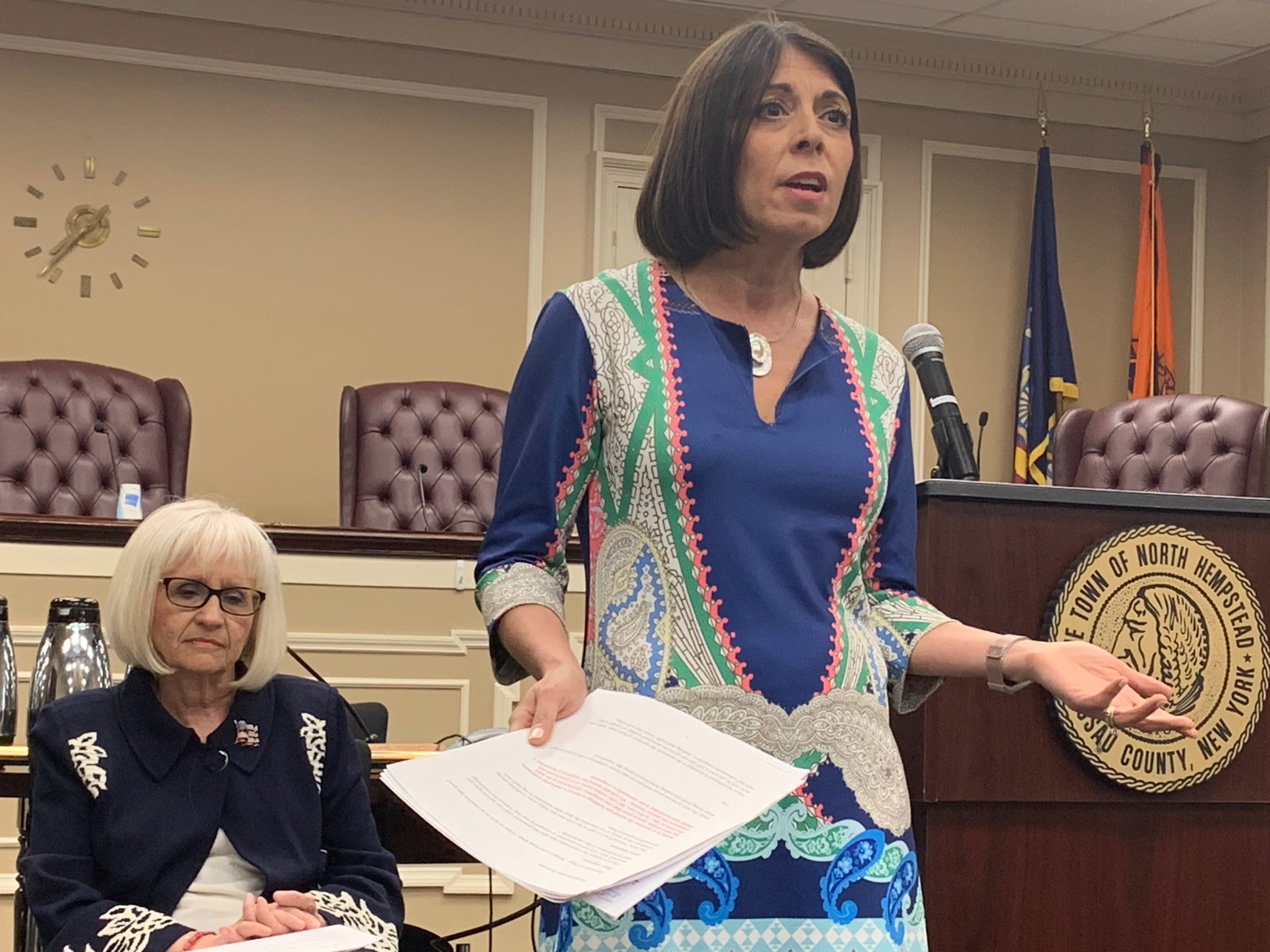North Hempstead’s proposed zoning code for Port Washington’s waterfront business district would eliminate the potential for residential development in the area.
Town officials unveiled the modified code at a public hearing last Thursday. A moratorium on building at the waterfront has been in effect for the past 18 months.
Michael Levine, the town commissioner of planning, said the town revised the code to prohibit residential development in November because it was not “compatible with the intent of the waterfront business district.”
The 11.2-acre waterfront business district was organized in June 2009 and runs along the north side of Main Street from Sunset Park to the west side of Main Street after the curve and ends just before Dolphin Green.
The inspiration behind the formation of the waterfront district was the news of Knickerbocker Yacht Club’s closure, Levine said. At the time, a number of marinas were closing across the county as an effect of the recession, Levine said, and the Town Board feared that a “maritime way of life might be lost forever” and took over zoning in the area.
The town is striving to find a balance between development and maximizing public access in the district, Levine said.
Additionally, the proposed code limits buildings to a height of 35 feet and two stories from previously allowing for a height of 45 feet and three stories. An elevator bulkhead that exceeds height restrictions cannot occupy more than 5 percent to 10 percent of the building’s roof.
The construction of building and structures on lots containing less than 50 feet of street frontage will not be permitted under the town’s modified code.
Below grade parking structures would be prohibited in the code and a decades-old anti-arcade provision would be repealed.
Levine said below grade parking structures are not feasible with the area’s groundwater conditions.
There is no front yard or rear yard setback requirement in the town’s code. A side yard setback is only mandated if a commercial property borders a residential plot, in which event a 15-yard setback would be required as in the state’s zoning codes, Levine said.
When the zoning code was first established at the inception of the waterfront business district, Levine said the market favored residential development as it does now, but the town thought it was not conducive to a waterfront economy.
Therefore, residential units were only permitted on the second or third floor of a property while commercial use was required for the ground floor.
“The idea being that waterfront boutiques and shops would be attractive to pedestrians,” Levine said.
The only building that has been constructed in the area since the town code was established in 2009 is the Knickerbocker Yacht Hotel at 433 Main St., which does not meet the set zoning requirements.
The town did not want 433 Main Street to be a template for the development of the rest of the waterfront district, so Councilwoman Dina De Giorgio asked the board to revisit the zoning code, Levine said.
Since the councilwoman’s request, town officials have hosted a number of meetings with residents and stakeholders to hear their views on the redevelopment of the zoning district.
Looking to the future, De Giorgio said she would like the town to apply for a $10 million downtown development grant from the state.
She said if the grant were approved, the town would then form a local planning commission and begin developing a downtown strategic investment plan to “take our downtown to the next level.”
The councilwoman said she thinks Port Washington has a strong chance of receiving the grant because of the revitalization projects being conducted in the area, such as the improvement of the Town Dock and the streetscape beautification on Main Street.
The Town Board is expected to set a date for a public hearing and vote on the proposed zoning code at Tuesday’s town meeting, but De Giorgio said both are currently slated for June 18.
If a vote cannot be reached on June 18, the moratorium will be extended until the board conducts a vote, the councilwoman said.



